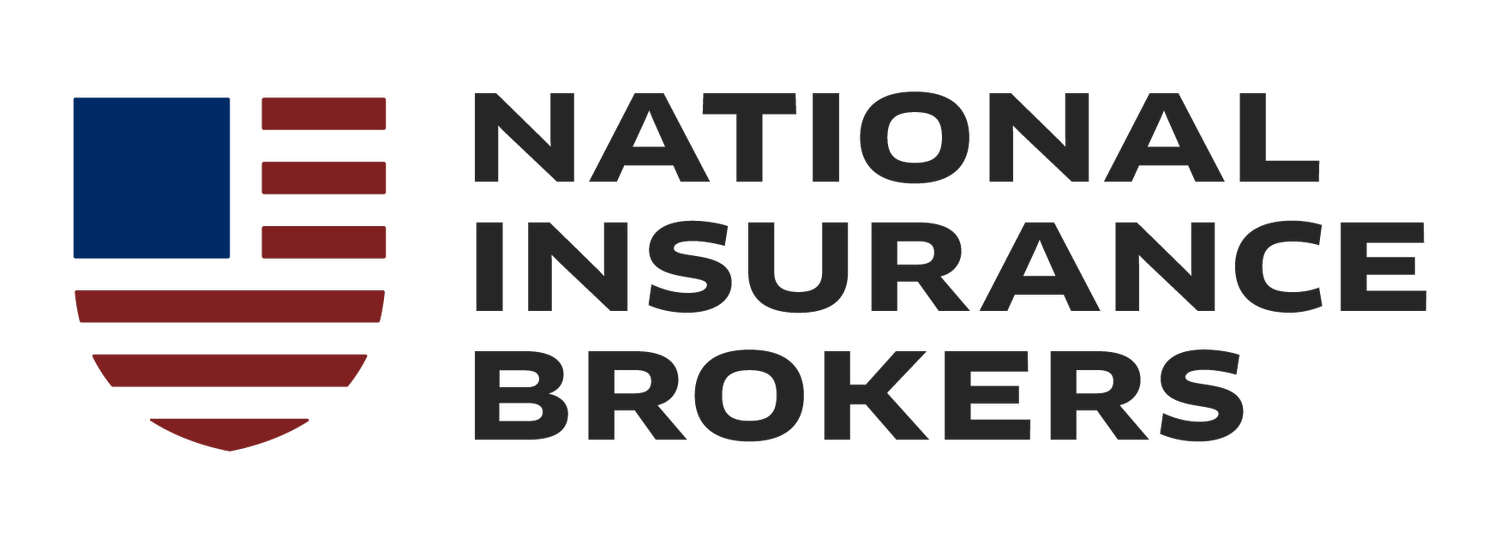Workers' Compensation & Health Insurance: How Do They Work Together?
Navigating the complexities of insurance can be daunting, especially when trying to understand how different types of coverage interact. One common question among many business owners and employees is how workers' compensation insurance and health insurance can work in tandem. This article aims to provide a detailed overview of these types of insurance and clarify how they operate together.
Workers' Compensation
Workers' compensation is a form of insurance that benefits employees injured on the job or suffering from a work-related illness. This form of coverage is mandated by workers' compensation laws in most states and is designed to protect both the employer and the employee.
Key Benefits of Workers' Compensation
The primary goal of a workers' compensation policy is to provide injured employees with medical care, lost wages, and other benefits while they are unable to work. One of the most common benefits is Temporary Total Disability, which provides financial support while the injured worker is recuperating away from work. This benefit covers the employee's lost wages and any medical costs incurred due to the injury or illness.
Additional Insured and Workers' Compensation
In some cases, especially in industries like construction where multiple parties are involved, you might come across the term "additional insured." An additional insured endorsement in a general contractor's policy could extend workers' compensation immunity and protect other parties like sub-contractors from being held liable for an injured employee's claims. This arrangement can trigger coverage in complex scenarios involving multiple parties, like an underlying lawsuit or a third-party complaint.
What Business Owners Need to Know
Small business owners are often concerned about liability and risk. One way to mitigate this is by understanding the insurance carrier's duty in workers' compensation cases. The insurance company is responsible for covering the named insured and, sometimes, additional insureds under the workers' compensation policy.
Legal Implications
While workers' compensation insurance is designed to provide a certain level of "tort immunity" to employers, it's not an absolute shield. Courts may still find an employer partially responsible for dangerous conditions that led to an employee's injury, whether trial or district court.
This underscores the importance of having a robust workers' compensation policy, general liability insurance, or even a professional liability policy for full coverage.
Workers' Compensation vs Health Insurance
While workers' compensation covers work-related injuries and illnesses, health insurance can cover the employee for other health issues unrelated to work. Sometimes, when an injured worker seeks compensation, the court found that the worker's insurance should pay for the treatment, especially if the underlying complaint was not strictly work-related.
Therefore, it's crucial to understand which type of insurance—workers' compensation or health—will provide coverage in different scenarios.
In summary, workers' compensation insurance is an essential safety net for employers and employees, offering crucial financial and medical benefits. By understanding the ins and outs of this type of coverage, including its interplay with general liability and health insurance, you can better protect your business and your employees.
Health Insurance
Health insurance is a form of coverage that pays for medical and surgical expenses incurred by the insured. It can also cover other expenses such as prescription drugs, mental health services, and preventive care.
Health insurance aims to provide financial protection against high medical costs by covering certain expenses either partially or fully. This form of insurance is generally broader in scope than workers' compensation, as it is not limited to work-related injuries or illnesses.
How Do Workers' Compensation and Health Insurance Work Together?
Understanding the interplay between workers' compensation and health insurance is crucial for employers and employees. Both types of insurance coverage alleviate financial burden but function differently depending on the nature of the injury or illness.
Payment of Medical Bills
One significant advantage is that health insurance may pay medical bills upfront, even if the injury or illness is work-related and could be covered under workers' compensation. This can be particularly helpful during waiting for a workers' comp claim to be approved.
Coverage While Receiving Workers' Compensation
Your health insurance remains active while you are receiving workers' compensation benefits. This is important because workers' compensation will not cover you for illnesses or injuries that are not work-related. Therefore, keeping your health insurance active ensures you are protected for other medical needs that may arise during your recovery period.
Restrictions and Limitations
It's crucial to note that some health insurance policies won't pay for medical bills if you have workers' compensation coverage that will cover the injury. This is generally stated explicitly in the health insurance policy details, and you may need to clarify this with your insurance company.
If workers' compensation covers the medical bills related to your injury or illness, your health insurance may require you to seek reimbursement from your workers' compensation insurance carrier.
Additional Considerations
Sometimes workers find themselves in situations where multiple parties could be held responsible for an injury, or where work-related and non-work-related factors contribute to a health issue. In such complicated scenarios, both types of insurance may come into play, requiring coordination between your workers' compensation policy and your general health insurance to ensure appropriate coverage.
In conclusion, while workers' compensation and health insurance serve different purposes, they can sometimes work together to provide comprehensive coverage. Knowing how these two types of insurance interact can help you make informed decisions and ensure that you are adequately protected, whether dealing with a work-related injury or other medical needs.
Conclusion
Navigating the intricacies of insurance can often be daunting, but understanding the relationship between workers' compensation and health insurance can prove invaluable. Both forms of coverage aim to protect you financially in different scenarios: workers' compensation specifically targets work-related injuries and illnesses, while health insurance offers a broader safety net.
The two can work in tandem to provide comprehensive financial protection. However, there are nuances to be aware of, such as certain restrictions and conditions under which each policy becomes applicable.
If you are unsure how to manage these two types of insurance, it's always a good idea to consult an insurance broker for professional guidance. They can help clarify the complexities surrounding insurance policies, ensuring that you are complying with workers' compensation laws and adequately covered for all life's unexpected events.
For a tailored solution that meets your unique needs, contact National Insurance Brokers—your one local source for all your insurance needs. We help you find the right insurance, whether you're a small business owner seeking additional insured coverage or an individual needing more comprehensive protection. Trust us to guide you through the myriad options available in the ever-evolving insurance marketplace.

